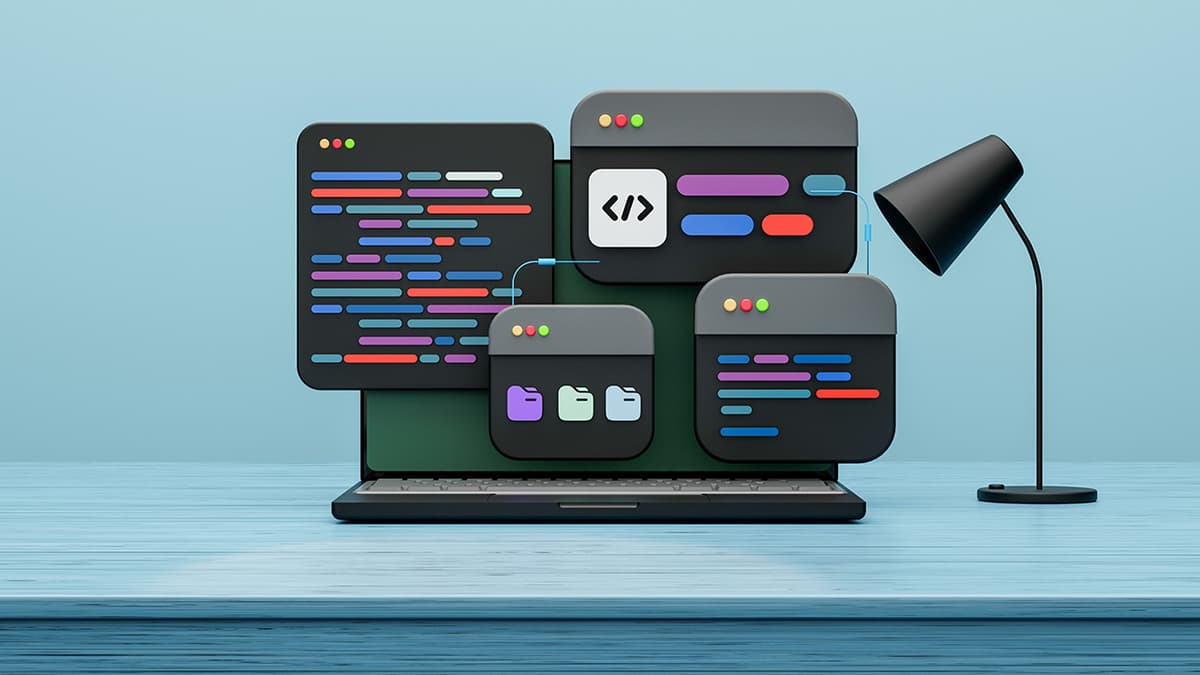The Art of Crafting Coding Apps
Have you ever wondered how your favorite apps work seamlessly? Mobile applications are now a vital part of our daily lives, providing convenience and entertainment. Behind every successful app is a team of developers who write the code that brings these applications to life.
Understanding the Basics of Coding Apps
Creating apps involves various programming languages, frameworks, and tools. Developers can choose from native app development using languages like Swift for iOS and Java for Android or opt for cross-platform development with tools like React Native and Flutter.
A well-structured codebase is crucial. By following best practices such as design patterns like MVC (Model-View-Controller) or MVVM (Model-View-ViewModel), developers can maintain organized and scalable code.
Coding apps also requires integrating multiple APIs (Application Programming Interfaces). These APIs enhance app functionality by providing services like geolocation, push notifications, and social sharing, connecting the app to external resources.
The Importance of User Interface Design
User interface design significantly influences an app's success. Developers use tools like Sketch, Adobe XD, or Figma to create intuitive and visually appealing interfaces.
Key factors like color schemes, typography, and user flow must be considered. Responsive design ensures that the app works well on various screen sizes.
Adding interactive elements such as buttons, sliders, and animations can engage users more effectively. Animation libraries like Lottie and React Spring help create fluid animations that capture and retain user attention.
Mastering Debugging and Testing
Coding apps comes with challenges. Bugs and errors often need prompt resolution. Debugging is the process of identifying and fixing code issues to ensure proper app functionality.
Tools like Xcode's debugger for iOS or Android Studio's debugger for Android assist developers in pinpointing errors. Unit testing and integration testing help validate the functionality of both individual code units and the app overall.
Continuous integration and continuous deployment (CI/CD) pipelines automate testing, building, and deploying code changes. Tools like Jenkins, CircleCI, and Travis CI support the delivery of updates while maintaining quality standards.
Leveraging Community and Resources
The development community plays a crucial role in coding apps. Developers benefit from online forums like Stack Overflow, GitHub, and Reddit, which offer resources, insights, and support.
Online courses and tutorials from platforms like Udemy, Coursera, and Codecademy help aspiring developers build skills. Participating in hackathons, coding challenges, and open-source projects strengthens coding abilities and fosters collaboration.
Shaping the Future of Coding Apps
As technology progresses, the future of coding apps is filled with innovative possibilities. New technologies such as augmented reality (AR), virtual reality (VR), and AI are transforming app development, enabling the creation of immersive applications.
Staying updated with the latest tools, frameworks, and trends is essential for developers. This knowledge allows them to create advanced apps that push the limits of what can be achieved. The journey of crafting coding apps offers opportunities for creativity and growth.
Coding apps is a fulfilling process that merges technical skills with artistic expression. Mastering this craft opens doors to new possibilities and meaningful contributions to the digital landscape.
Start your coding adventure and allow your creativity to shine in the world of app development!












